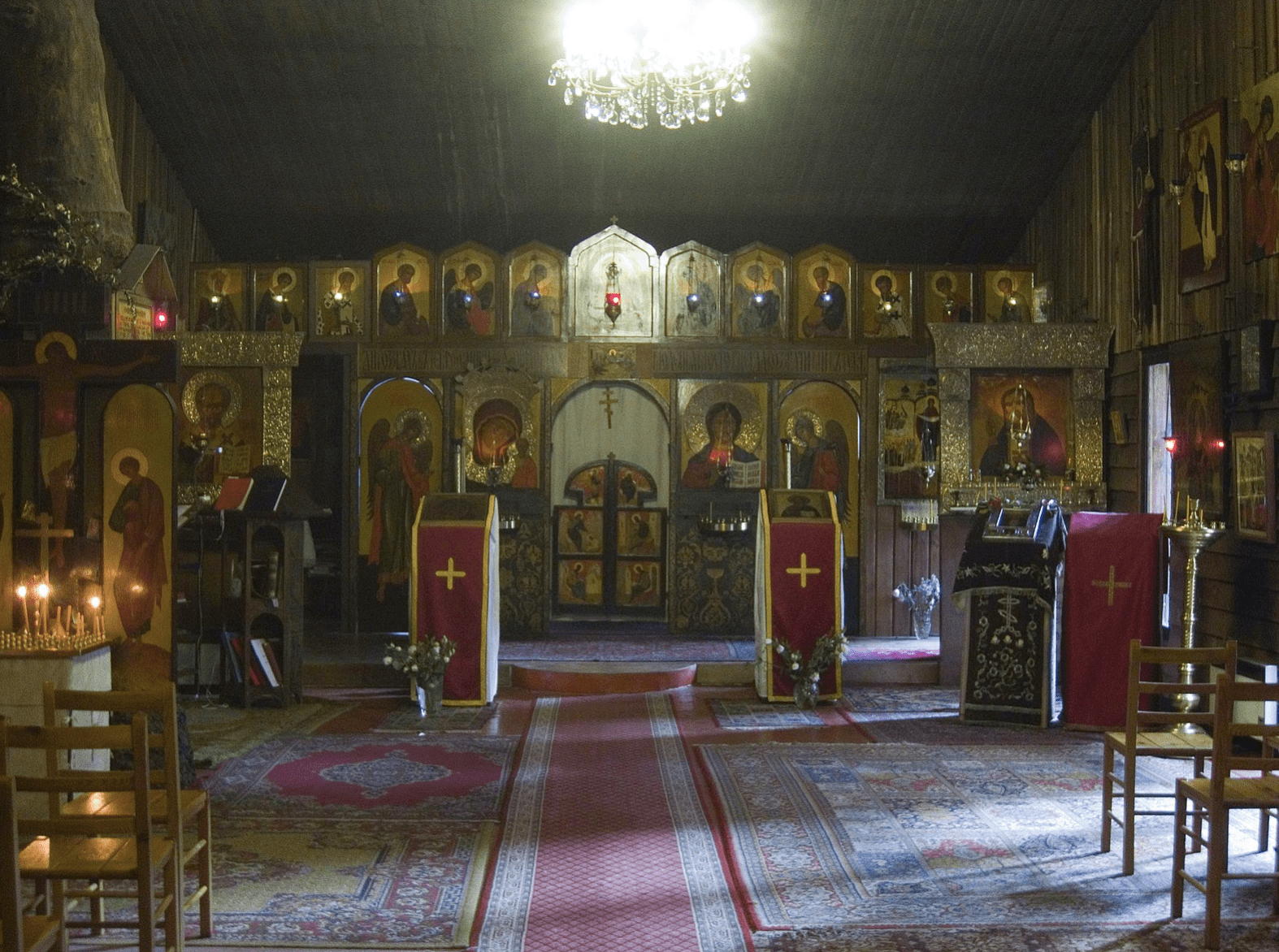
As Catholics across the globe celebrated the resurrection of Jesus Christ this weekend, a Russian Orthodox church in Paris was consumed in an inferno after it somehow caught fire, leaving some wondering if it had been targeted in an act of arson.
The Saint-Séraphin-de-Sarov Orthodox Church, situated in the 15th arrondissement of the French capital, was destroyed following a fire that broke somewhere in the place of worship during the afternoon hours of Easter Sunday, the Paris-based news magazine Valeurs Actualles reports.
Although the incident comes amid a spate of threats, attacks, and acts of vandalism that have targeted people and places associated with Russia, firefighters and investigators have yet to determine whether the fire was an act of arson or merely an accident.
Luckily, no injuries occurred as a result of the blaze. Orthodox Christians, unlike Catholics, do not celebrate Easter on the weekend of April 16th and 17th, but on April 23rd and 24th, per the Julian calendar.
An investigation—set to be carried out by police from the 15th arrondissement—into the incident has been opened by the public prosecutor’s office.
Commenting on the incident over social media on Sunday evening, Gérald Darmanin, the interior minister, wrote: “I express all my solidarity with the faithful of the Saint-Séraphin-de-Sarov Orthodox Church.”
J’exprime toute ma solidarité aux fidèles de l’église orthodoxe Saint-Séraphin-de-Sarov à Paris qui a été touchée par un incendie cet après-midi.
— Gérald DARMANIN (@GDarmanin) April 17, 2022
The incident comes after the Archpriest Andrey Eliseev, the rector of the St. Nicholas Russian Orthodox Cathedral in Nice, received a letter in March where the sender threatened to murder him and the church’s parishioners if they do not leave France, as The European Conservative previously reported.
“You are friends of Mr. Putin, If you do not return to Russia soon, you and your friends will be murdered. You have one month,” the letter allegedly reads.
The notable uptick in Russophobic incidents, precipitated by Russian President Vladimir Putin’s invasion of Ukraine nearly two months ago, has been witnessed across several European countries, especially in Germany where the Federal Criminal Police Office (BKA) recorded more than 300 criminal incidents aimed against Russian speakers in the first three weeks which followed the invasion’s onset.
In Germany, a country that bills itself as one of the most liberal and tolerant countries in the world, private health clinics and restaurants have gone so far as to refuse service to Russian passport holders.
